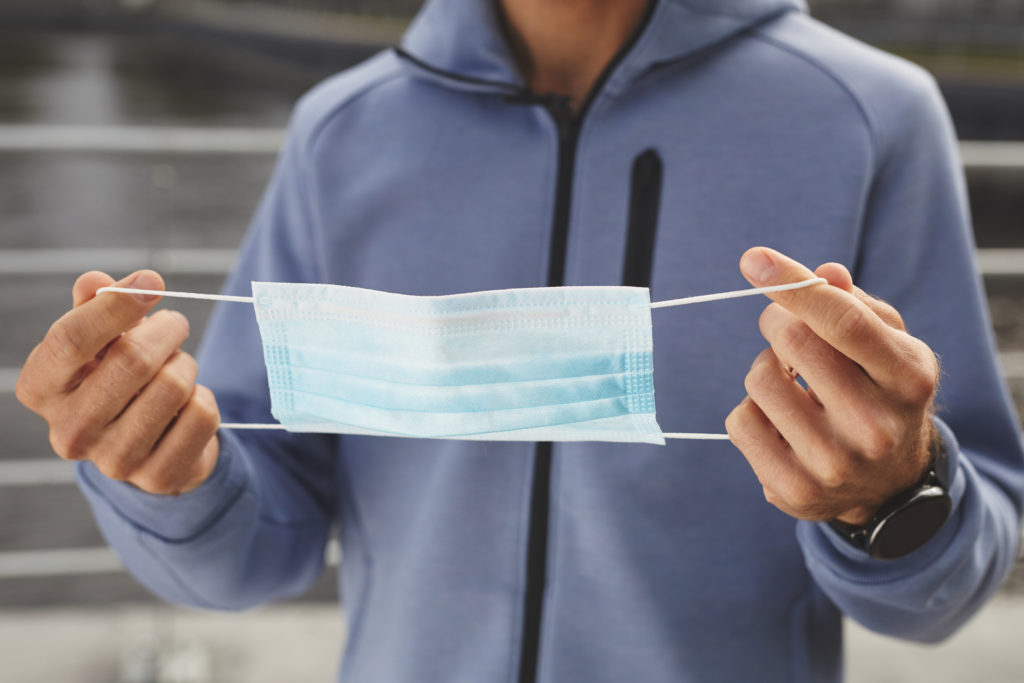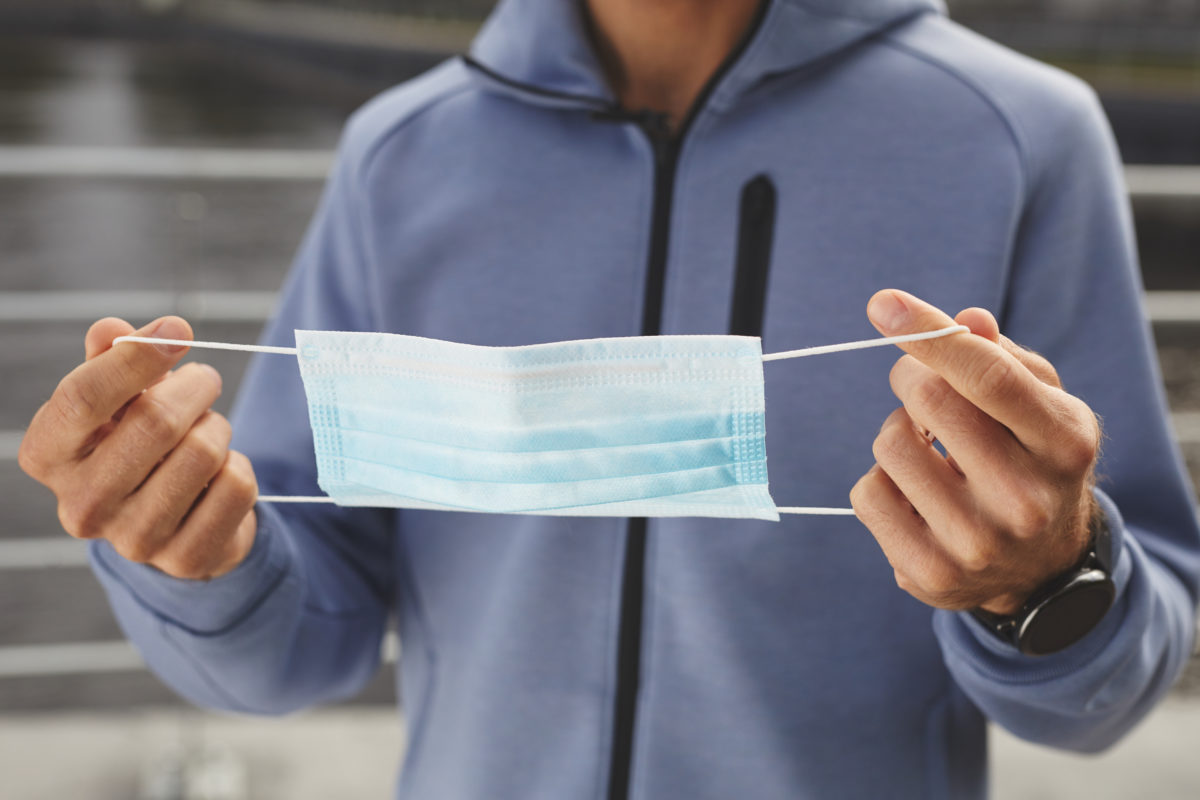
According to the study published Tuesday in the Physics of Fluids, the percentage of particles filtered by a three-layer surgical mask drops from 65% to 25% when the mask has been previously used.
Researchers from the University of Massachusetts Lowell and California Baptist University say that masks slow down airflow, making people more susceptible to breathing in particles. They found that wearing a mask “significantly slows down” airflow, reducing a mask’s efficacy and making a person more susceptible to inhaling aerosols into the nose — where SARS-CoV-2 likes to lurk.
“It is natural to think that wearing a mask, no matter new or old, should always be better than nothing,” said author Jinxiang Xi. “Our results show that this belief is only true for particles larger than 5 micrometers, but not for fine particles smaller than 2.5 micrometers.”
The pleats of a face mask also significantly affect airflow patterns and their efficacy changes with more use, the researchers found.
“We hope public health authorities strengthen the current preventative measures to curb COVID-19 transmission, like choosing a more effective mask, wearing it properly for the highest protection, and avoid using an excessively used or expired surgical mask,” said Xi.
WeShield is dedicated to providing protective equipment such as masks—N95, KN95, and 3-ply masks both medical and civilian grade—to organizations in need of reliable sourcing during the pandemic and beyond. Allocation is available, as well as supply on the ground for immediate need. We’re proud to have served healthcare organizations and hospitals such as Baystate Health, Moffitt Cancer Center and WellStar Health System, as well as organizations in a multitude of verticals such as the Department of VA Affairs, the City of Baltimore, Gap Inc., Gucci, and the Texas Rangers Baseball Club.
